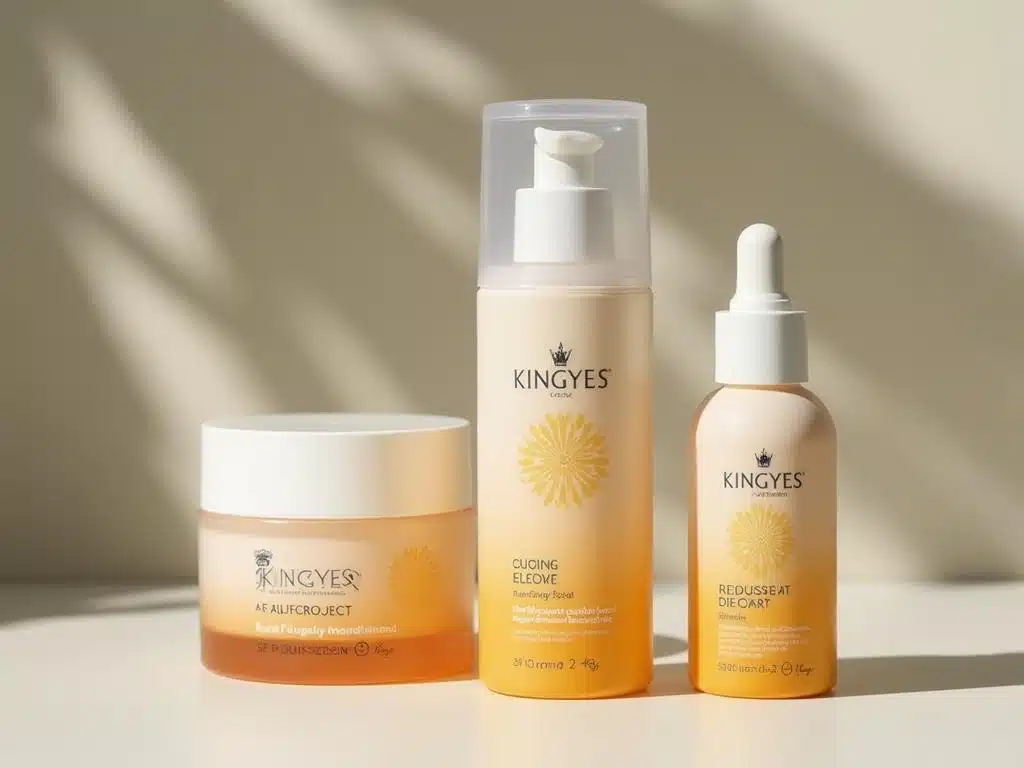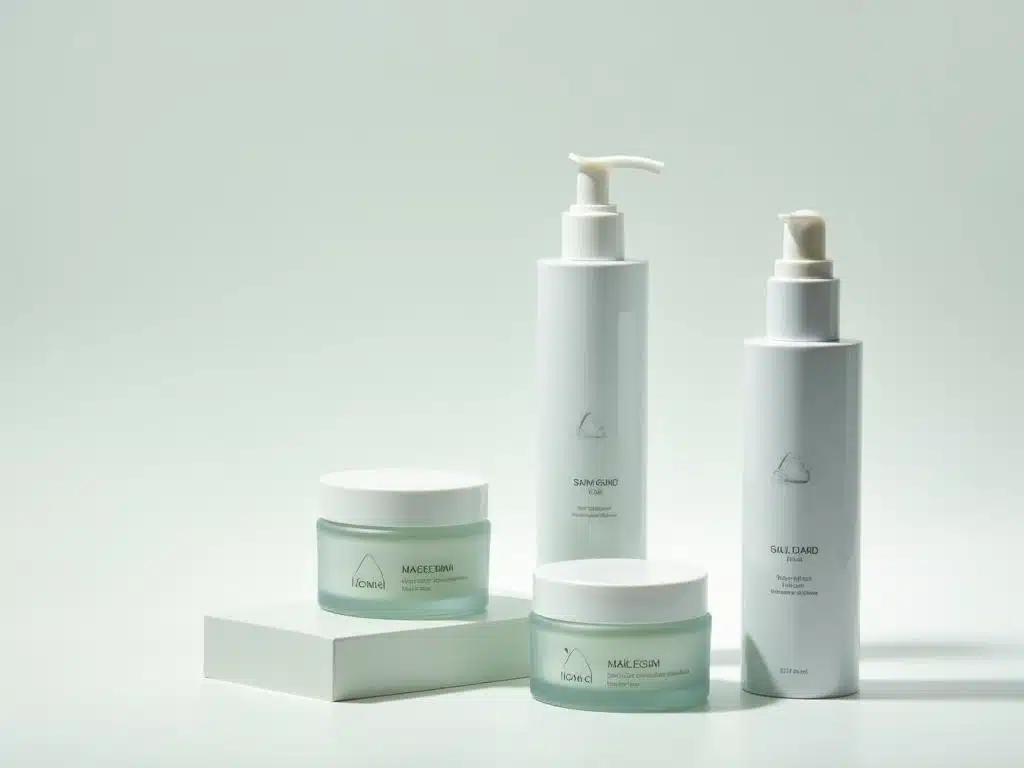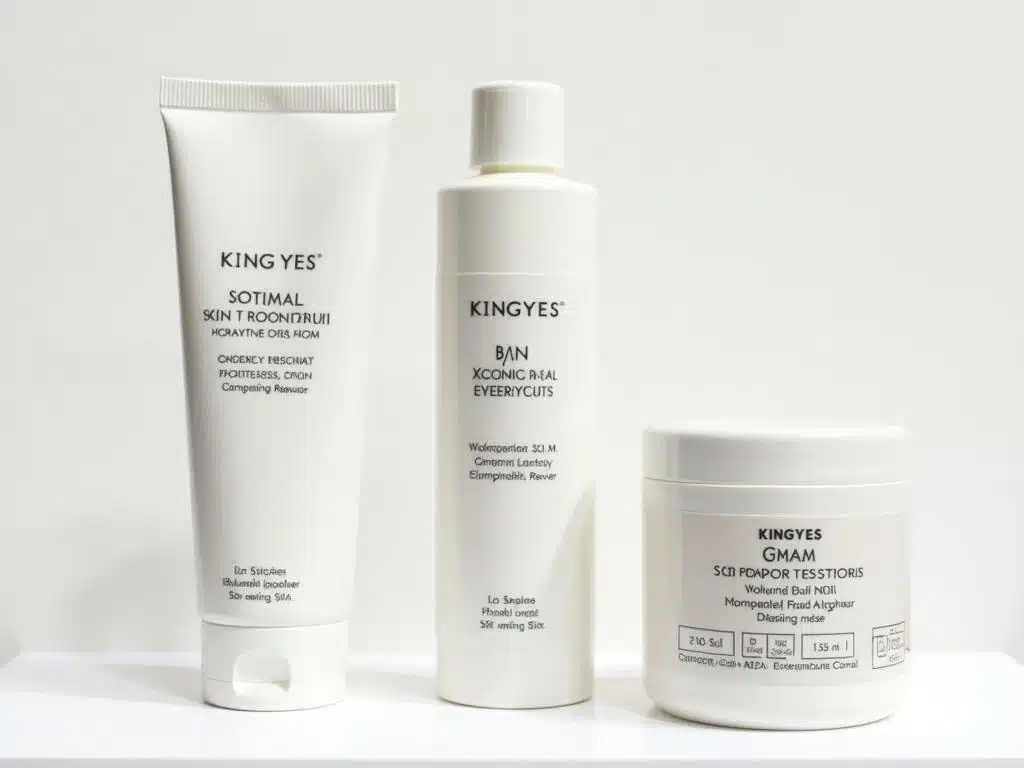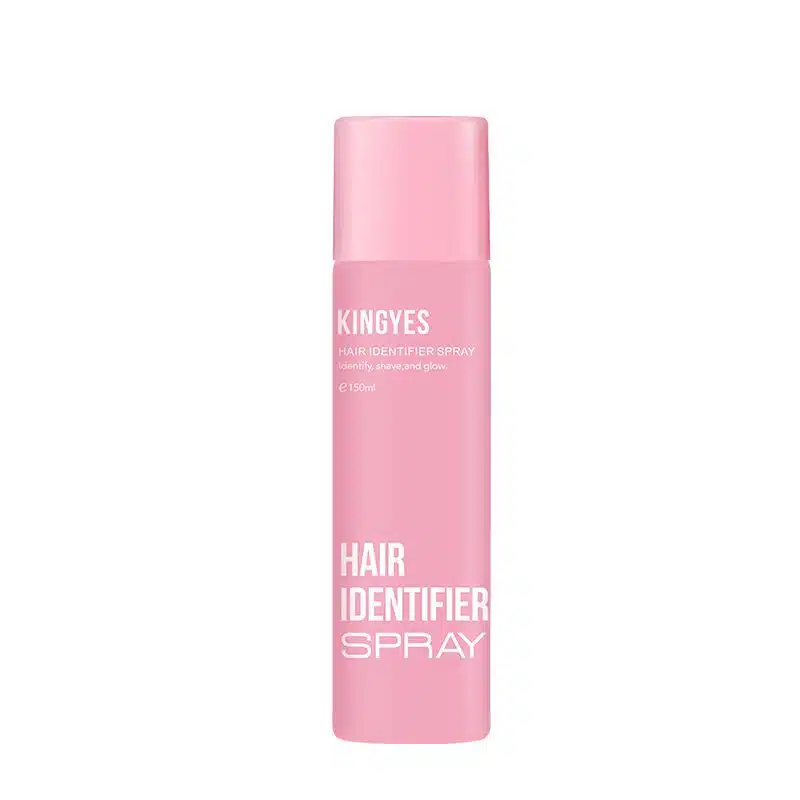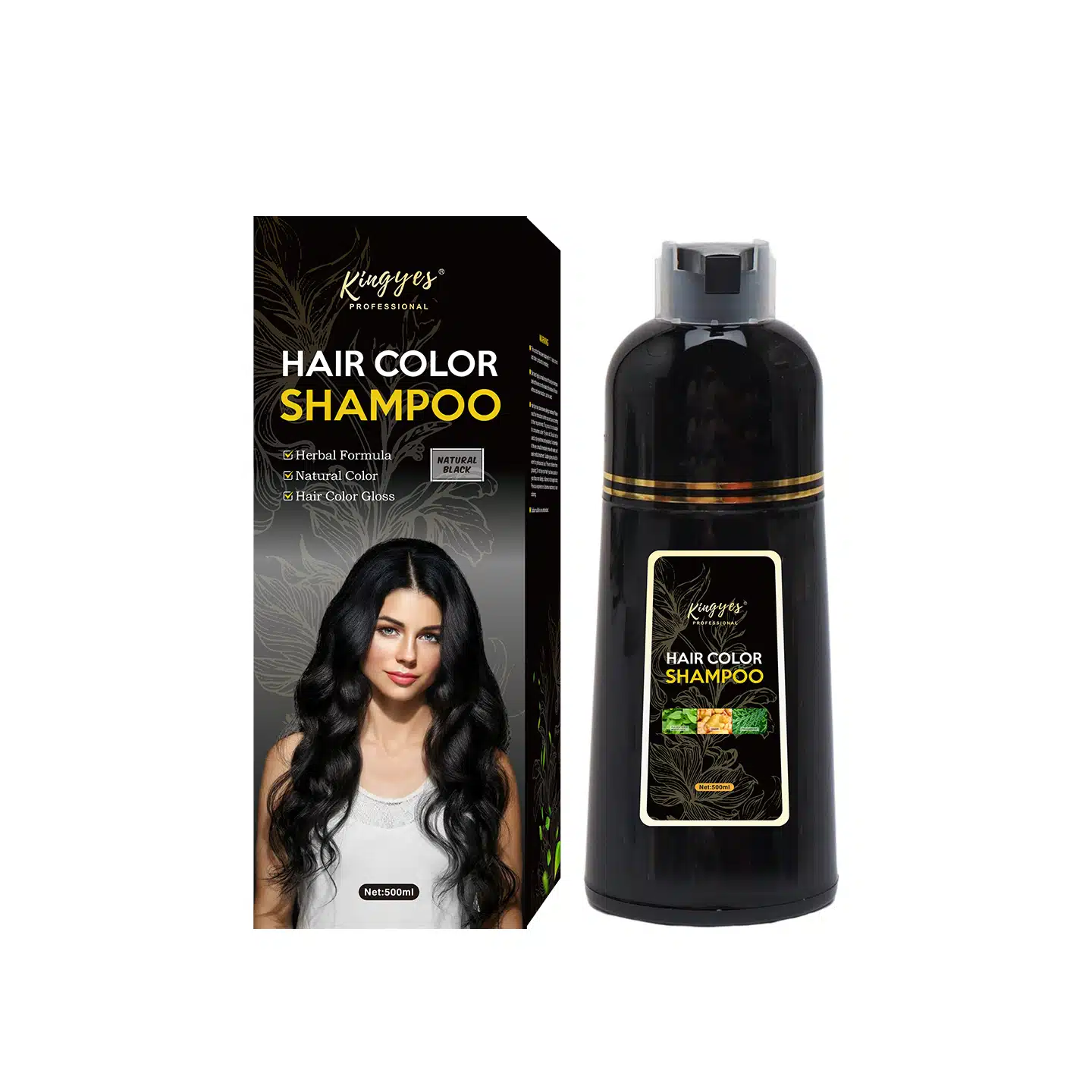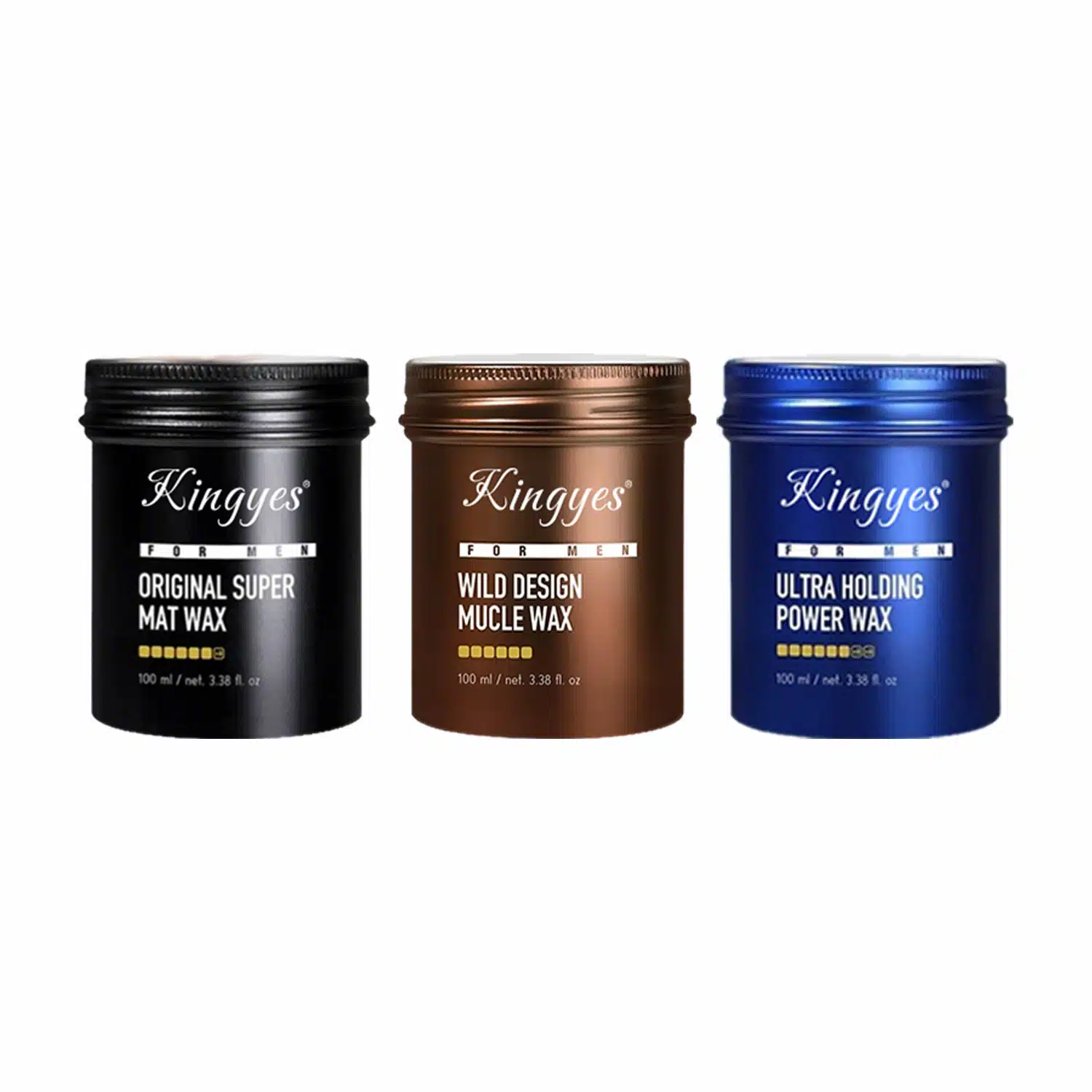
Do You Need FDA Approval To Sell Skin Care Products?
Table of Contents
Decoding FDA Regulations: Do You Need FDA Approval to Sell Cosmetic Skin Care Products?
Want to launch your own skin care brand and unsure about the legal landscape? This article clarifies a common misconception about cosmetic regulation. We’ll explore whether you need FDA FDA approval to market cosmetics, delving into the FDA’s role in regulating the cosmetic industry. From ingredient safety and label requirements to understanding what constitutes a cosmetic product, learn what you need to know to launch your skin care business and ensure you are following the FDA regulations.
What is the Food and Drug Administration (FDA) and What is its Role?
The Food and Drug Administration (FDA) is a federal agency of the u.s. It is the u.s. Department of Health and Human Services. The FDA is responsible for protecting and promoting public health. The Food and Drug Administration does this through different means.
Some of the responsibilities are:
- Regulate cosmetics human and veterinary drugs, tobacco products, dietary supplements, radiation-emitting electronic products, and biological products.
- Advancing public health by helping to speed innovations. Innovations make medicine and food faster.
- Helping the public get needed information to use medicine and food.
The Food and Drug Administration is responsible for overseeing many of the products that consumers use. Understanding the laws and regulations to comply with fda is important for every business.
What is the Definition of Cosmetics, According to FDA?
The definition of cosmetics is important. The product must fit the FDA guideline. This helps the fda see if the products are regulated.
The definition of cosmetics, according to fda includes:
- Intended to be rubbed, poured, sprinkled, sprayed on, introduced into, or otherwise applied to the human body.
- For cleansing, beautifying, promoting attractiveness, or altering the appearance.
- There is also no need FDA approval.
This broad definition of cosmetics encompasses a wide range of care products. To understand why this cosmetic is different from other products, one has to understand how things are classified. The cosmetics under the federal food are very important.
Do Cosmetic Products Require FDA Approval Before They Go on the Market?
One common myth is that all cosmetic products require FDA approval before they go on the market. While the FDA does have authority over the cosmetic industry. Ingredients do not need FDA pre-market approval. This contrasts with other product categories.
The FDA does not have pre-market approval authority. Here is why Do cosmetic products require FDA approval before they go is false:
- The FDA doesn’t approve products that are not safe.
- The FDA has rules and regulations regarding certain substances.
- The FDA enforces rules to make sure cosmetics on the market are safe for products on the market.
So, if FDA doesn’t approve that is bad. There are a few cosmetic products that must have the “FDA” seal of approval. There are also cosmetic products and ingredients that do not need FDA approval. You don’t require FDA approval. According to FDA, all cosmetic ingredients are voluntary. You also want to avoid products containing certain ingredients.
What Types of Cosmetic Products are Pre-Market Approval by FDA?
While most cosmetic products and their ingredients do not require fda approval. There are few exceptions. This makes the FDA also a great resource.
Two types of cosmetic products, products containing color additives are subject to FDA pre-market approval:
- Color Additives: Color additives must be approved. This helps to ensure the products use correct additives.
- Coal-Tar Hair Dyes: The FDA has stated that all coal-tar hair dyes must be approved. This is due to potential safety risks. These color additives help you ensure the products don’t products containing bad substances.
These are the rare exceptions and the few cosmetic products that are on the list. There also can be changes to the premarket approval by fda with changes to the laws and regulations that apply.
What are the Key Label Requirements for Cosmetic Products?
One way the FDA is to protect consumers is through proper labeling. A cosmetic label provides detailed information about the FDA approved. The label requirements are to help customers know about the products it regulates. All cosmetics must:
- Statement of Identity: An accurate name. The name has to ensure the products will sell.
- Net Quantity of Contents: Clearly stating how much of the product. The contents cannot be mis-stated.
- Name and Place of Business: This allows the FDA to keep track of all licensed cosmetic firms.
- Distributor Statement: If your company didn’t manufacture cosmetics, provide the name of the business.
- Ingredient Declaration: List all of the cosmetic ingredients. You also need to contact your state to make sure the list is correct.
- Warning Statements: Certain products may have warnings that should be stated on the product. This helps to ensure the products don’t cause harm.
Adhering to label requirements is not only a legal obligation. This Cosmetics Regulation Act of 2022 must also make sure that everything must be approved. It also ensures that the products are up to regulation. With regulations always changing, it’s important to stay updated.
How Does the FDA Regulate Cosmetics and Enforce Laws and Regulations?
While the FDA doesn’t approve cosmetic products, they do regulate cosmetics. This is essential to ensure that your beauty products comply with fda guidelines. The FDA enforces laws to protect consumers. This includes monitoring Cosmetic Manufacturing Facilities.
The fda regulates by:
- Inspecting cosmetic manufacturing facilities.
- Reviewing claims.
- Investigating reports.
- Working with local authorities.
The FDA enforces these guidelines. You must understand that you have to be FDA compliant.
What is the Modernization of Cosmetics Regulation Act (MOCRA) and How Does it Impact Cosmetic Companies?
The Modernization of Cosmetics Regulation Act, also known as MOCRA, is a new law that has been implemented. The MOCRA seeks to modernize and strengthen the FDA’s oversight.
- Cosmetic Manufacturing Facilities Registration: All cosmetic manufacturing facilities must register their cosmetic facilities with the FDA. This helps to ensure transparency.
- Cosmetic Labeling
- Adverse Event Reporting: Cosmetic businesses require cosmetic companies to share.
- Cosmetic Product Testing. You must submit the information.
- New Safety Standards.
Overall, the Modernization of Cosmetics Regulation Act helps to promote accountability. This leads to safer cosmetics on the market. Consumers that follow the advice will learn to regulate cosmetics. The Modernization of Cosmetics Regulation Act is important to review to help you comply with FDA. If you have general cosmetic questions, contact them.
How are Products Containing Color Additives Regulated by FDA?
As mentioned earlier, products containing color additives are subject to specific FDA regulations. A color additive is any substance that is a cosmetic product or is a material for a cosmetic product. The substances are color additives when they can give color to a material. The substances can be applied to the human body for cleansing.
Here are some of the requirements:
- Pre-Market Approval: Cosmetic Ingredients do not need FDA pre-market approval. Except as noted above.
- Listing Requirements: The ingredients must follow compliance standards. Compliance guidelines ensure the products.
By complying with these regulations. Cosmetic companies can legally market cosmetics. Also, they maintain the safety. Color additives must be approved.
When Does a Skin Care Products Fall Into the Category of Drug and Regulated by FDA as Medical Devices?
Distinguishing between cosmetics and drugs is essential for understanding applicable FDA laws and regulations. While cosmetics are intended to improve or change appearance. Drugs are intended for preventing or treating disease. Products that combine both cosmetic and drug attributes. That is products fall under both drug and cosmetic requirements.
In determining the best category. It often hinges on the product’s primary intended use. Products marketed for the treatment of acne for example, are regulated by fda as medical devices. The FDA also has approved by the FDA. The goal is that people use products are drugs. The drug is used correctly. You must ensure the products.
*Here is a Summary Table for FDA Regulations on Cosmetics*:
| Aspect | Regulation Detail |
|---|---|
| Pre-Market Approval | Generally not required, except for color additives. |
| Facility Registration | Required for cosmetic manufacturing facilities. |
| Ingredient Listing | All ingredients are listed must be declared accurately on the label. |
| Safety Standards | Cosmetics must not contain prohibited or restricted ingredients. |
| Adulteration & Misbranding | Prohibited; Cosmetics must not contain poisonous substances or bear false/misleading labeling. |
| Adverse Event Reporting | Required; Cosmetic companies must share. |
Where Can You Find More FDA Guidelines and Regulations to Ensure Compliance?
Navigating the FDA landscape can be difficult. There are many regulations to know and laws and regulations that apply. There are plenty of things to take into consideration. Here are resources:
- FDA Website: One way you can follow the FDA guideline is by visiting their website. You can use the website to follow changes.
- Industry Trade Associations: Industry Trade Associations help to guide you through the process. They share helpful FDA resources.
- Legal and Regulatory Experts: Engage a legal consultant or regulatory. This helps to ensure compliance.
- Training Programs.
These measures will assist in ensuring that you are FDA Compliant. Always ensure the products are safe. You also have to pre-market approval by fda.
Ten Important Points to Remember:
- The FDA’s primary role is to protect public health and you follow fda to do this.
- Understanding what is approved by fda cosmetic products is important.
- You will adhere to laws and regulations.
- The two types of FDA products are drugs and cosmetics.
- The Cosmetic Regulation Act of 2022 regulates.
- A brand name for all product labeling helps the business.
- You can learn more on the FDA official website.
- The FDA has regulations.
- It is illegal to market products that have been tampered with.
- Make sure the cosmetic was manufactured in the way it was meant to.
Comments

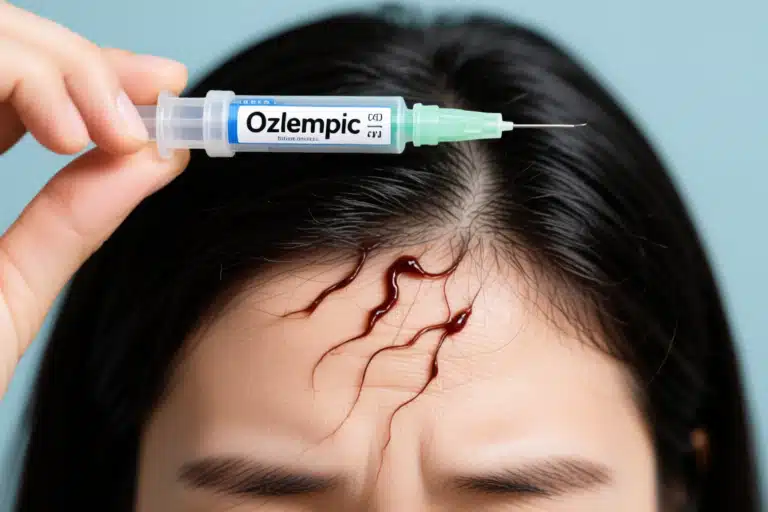
Does Ozempic Cause Hair Loss? The Truth You Need to Know
You step into the shower.
The water runs hot.
You lather your hair with shampoo.
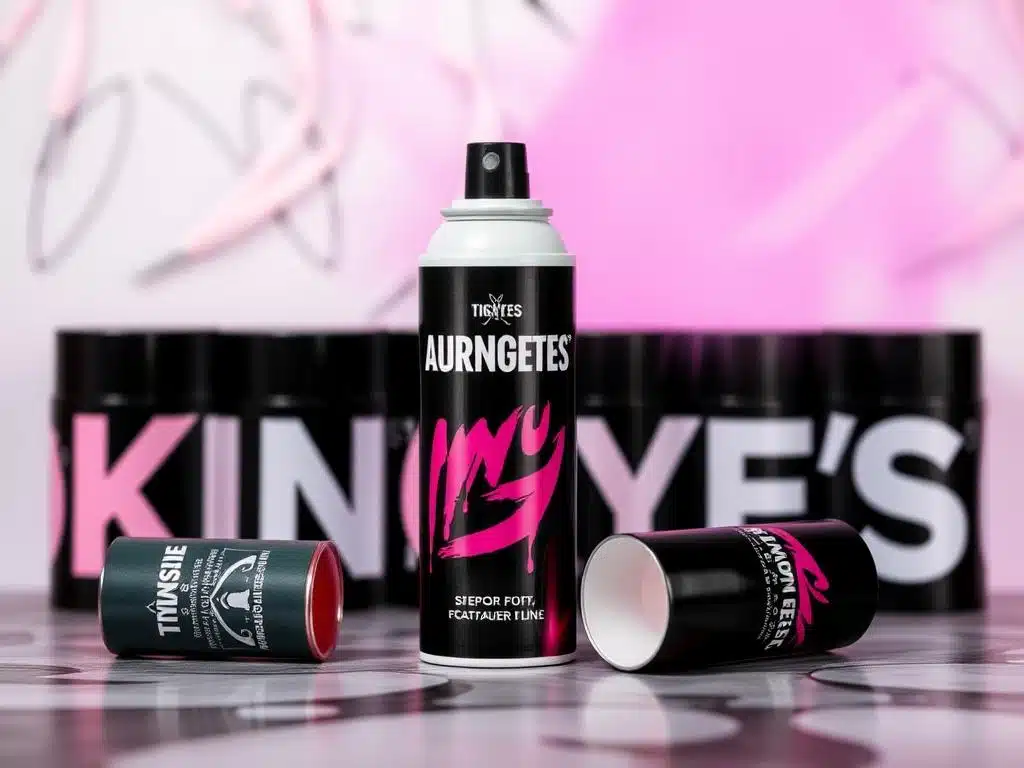
How To Sell Cosmetics On Tokopedia?
Indonesia, with its massive population and rapidly growing digital economy, presents a lucrative opportunity for e-commerce businesses.
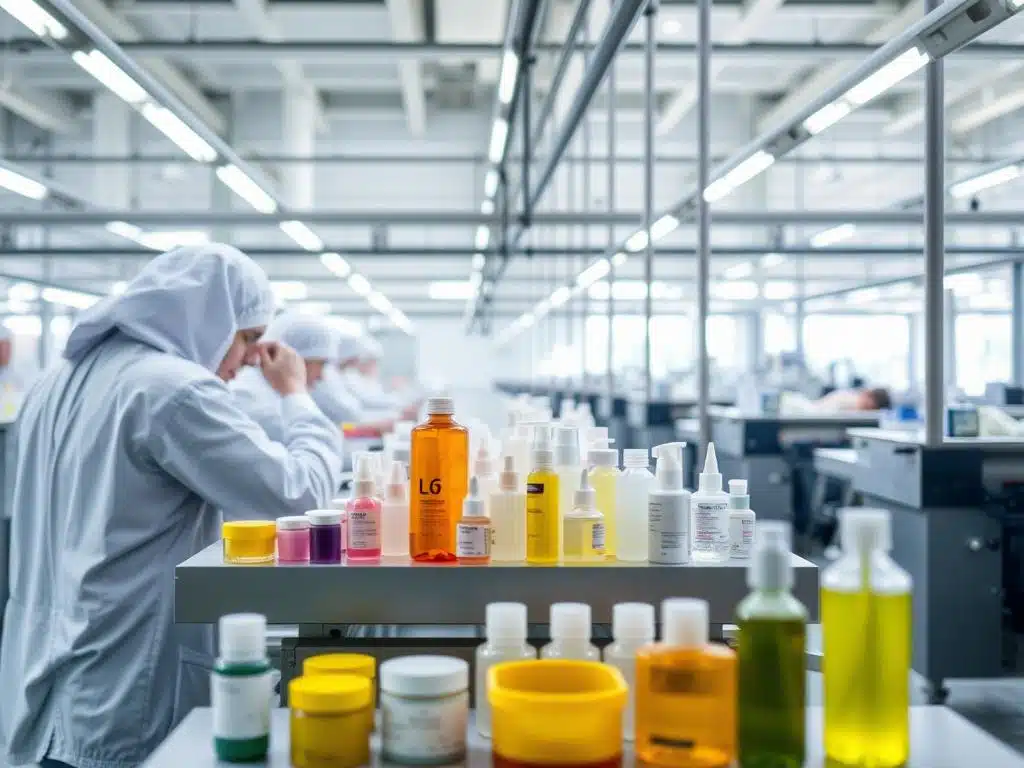
How Many Cosmetic Factories Are There?
The beauty industry is a global behemoth, a multi-billion dollar market that touches the lives of people across every continent.
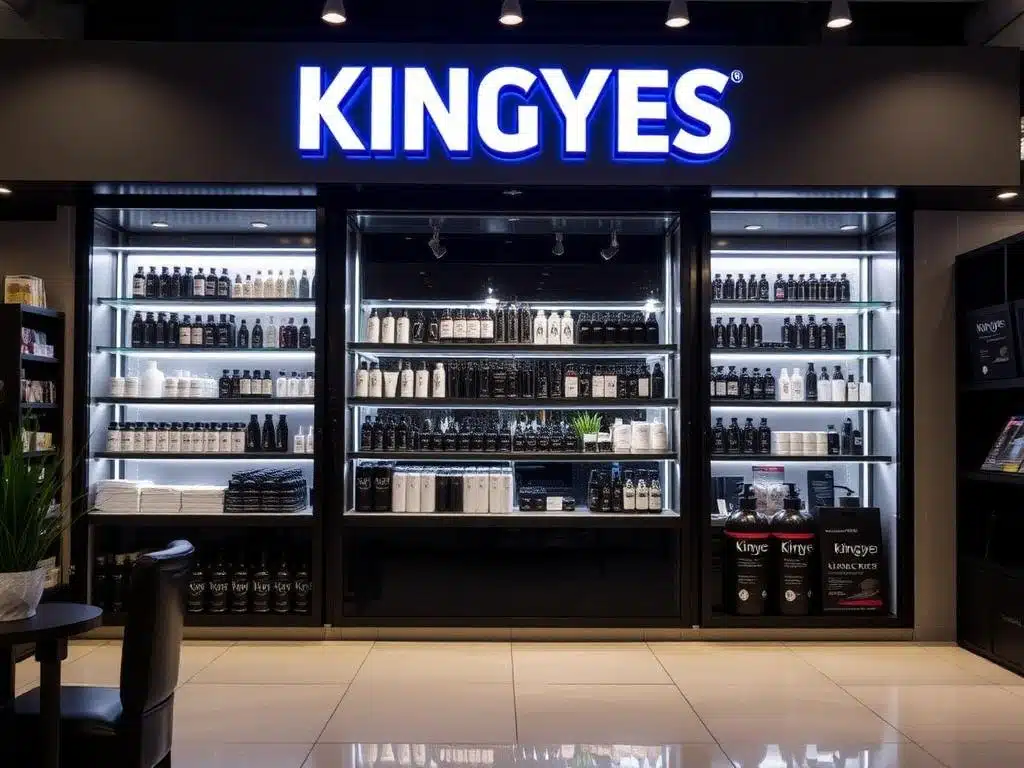
Which Is The Best Company For Hair Products?
With a dizzying array of hair care products on the market, finding the best hair care company for your specific needs can feel overwhelming.
- +86 151 1839 7303
- [email protected]
- Mon-Sun 07:00-23:00
Tags

How to Choose a Reliable Cosmetic OEM Manufacturer in China?
How to Pick a Good Makeup Maker in China: A Guide for You.
You possess a concept.
A new face cream. A new hair spray. A new nail color.
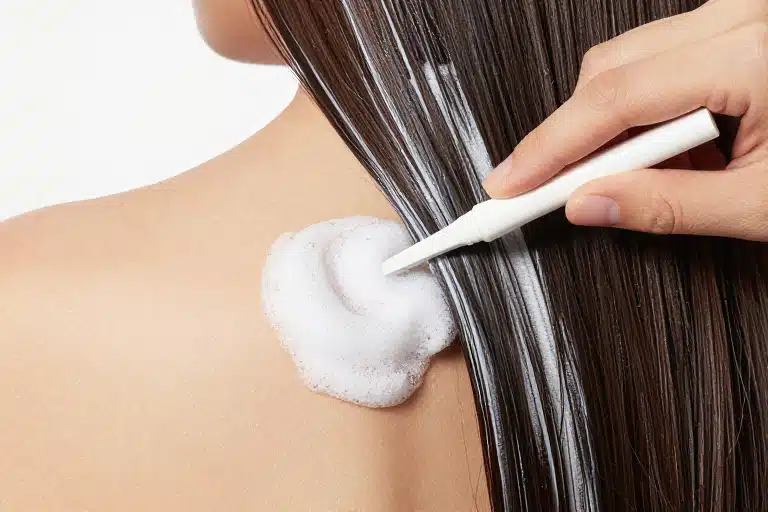
How to Get Hair Dye Off Skin: The Only Guide You Need
Picture this.
You just dyed your hair. You used a new color. It looks great. Your hair shines. You feel happy. You feel like a new person.

How Often Should You Wash Your Hair? The Ultimate Guide
The alarm rings.
You wake up. You stretch. You walk to the mirror.
You look at your hair.

